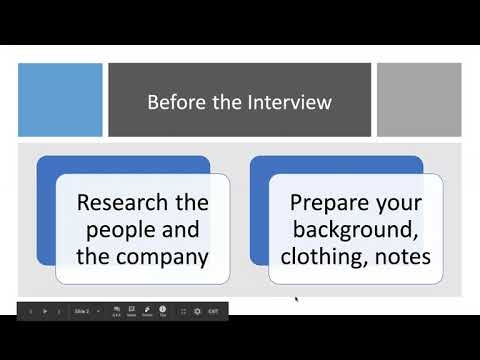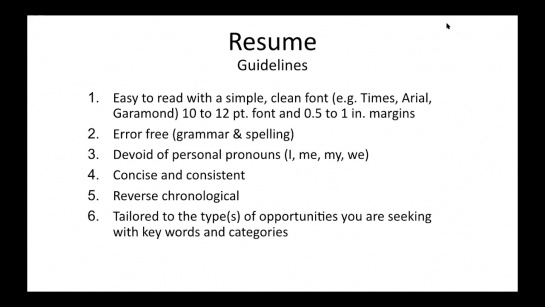Learn About Careers in Life Sciences

A career in the life sciences can include a broad range of companies, organizations, and foundations concerned with the study of living organisms, including biological sciences, botany, zoology, microbiology, physiology, biochemistry, and a number of related subjects. Employers may include biotechnology & pharmaceutical companies, academic institutions, healthcare organizations, foundations, and federal agencies. Most of the information on this page concerns non-patient facing options but there are opportunities to create career paths that merge patient and non-patient settings.
Finance, Accounting, and Insurance
A career in Finance can mean many different things, depending on what type of work you’re interested in or what specific subsect you want to explore. Within Finance, you can work in the financial department of an organization (governmental, nonprofit or for-profit) or you can work at a company that provides financial services to individuals, groups, institutions and/or organizations.
ROTC at Wellesley

The Reserves Officer Training Corps (ROTC) is a college program that prepares students to become commissioned officers in the United States Armed Forces. The ROTC curriculum is pursued at the same time as your Wellesley College courses, and is focused on leadership development and career training.
Wellesley offers students the opportunity to join the Army and Air Force ROTC programs. Both programs are hosted by the Massachusetts Institute of Technology...
Study Abroad: Government, International Affairs, Law, & Public Policy Careers

Students interested in careers in government, law, international affairs, and public policy are encouraged to focus on skill development and experience. This is especially important as employers, and graduate programs in this space continue to look for commitment to understanding these industries. Below please find suggested study abroad experiences that help develop specific skills and experiences to help be competitive in these industries.
Science Research

Participating in research experiences as an undergraduate is an excellent way to add depth to your science understanding and actively engage with what you are learning in the classroom. By doing so, you further develop your laboratory, analytical, and problem-solving skills, and you start to build your network with faculty members. Research experiences are valuable components to your resume, and they can make you more competitive for both graduate school and industry opportunities.

On-Campus Recruiting Program Policies (Students)

Career Education expects all students to abide by the following rules in order to maintain the success and integrity of Wellesley’s recruiting program.





